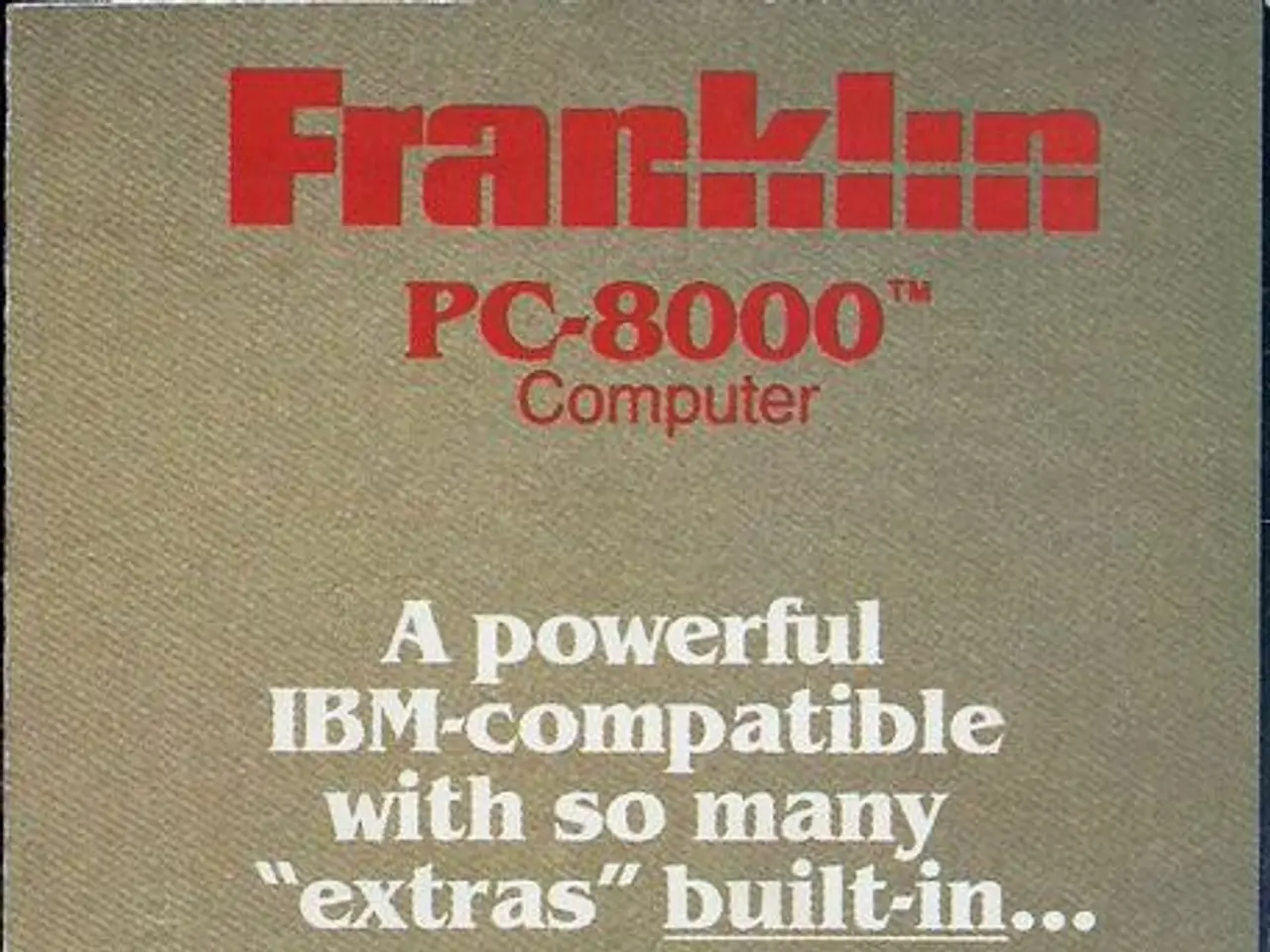Reusing, Recycling, or Donating Your Outdated Computers: discovers 10 Clever Methods (Comprehensive Guide 2024)
In today's digital age, old computers are often replaced by newer models, leaving many wondering what to do with their outdated devices. This article provides a comprehensive guide on the best practices for disposing, donating, or repurposing old computers, focusing on data security and environmental concerns.
Data Security: The First Step
The first and foremost concern when dealing with old computers is data security. Leaving sensitive information exposed can lead to potential data breaches and theft. To avoid this, it is essential to securely erase or physically destroy all storage devices using certified methods that comply with regulations like PIPEDA or sector-specific rules.
Reuse-First Approach: Extending the Life of Your Computer
Whenever possible, refurbish and donate or resell equipment to extend its life. This not only reduces environmental impact but also supports communities by providing access to digital resources.
Certified Recycling: The Green Way to Dispose
When reuse is not feasible, partner with certified electronic waste (e-waste) recyclers who follow strict environmental and security standards. These recyclers comply with regulations, provide transparent reporting, and ensure that hazardous materials are handled properly to prevent environmental contamination.
Documentation and Compliance: Keeping Records for Regulatory Obligations
Maintaining detailed records of asset disposition is crucial for demonstrating regulatory compliance and supporting ESG (Environmental, Social, Governance) goals.
Common Environmental Issues and Solutions
Improper disposal of computers leads to environmental issues such as lead seeping into soil, mercury vapors being released into the atmosphere, cadmium compounds persisting in the environment for 20+ years, and flame retardants producing toxic fumes when burned. To prevent these issues, always securely wipe all personal data, restore the system to factory settings, and clean physical components before donating or recycling.
Finding Certified Recyclers and Donation Opportunities
Certified e-waste recyclers can be found at various locations, including Best Buy stores, Office Depot, Staples, Dell Recycling Partners, and local recycling centers listed on Earth911's directory. Additionally, donating old computers can benefit organizations like local schools, Computers4Kids, World Computer Exchange, Dell Reconnect, Free Geek, and local libraries.
By following these key steps, you can minimize the risks of data breaches, comply with legal obligations, and support sustainability through responsible resource use and waste reduction.
- To prevent potential data breaches and theft from old computers, it is crucial to securely erase or physically destroy all storage devices, adhering to regulations such as PIPEDA or sector-specific rules.
- Extending the life of your computer through refurbishing and donation or resale not only supports communities by providing access to digital resources but also reduces environmental impact.
- When reuse is not feasible, partnering with certified electronic waste (e-waste) recyclers who follow strict environmental and security standards can help ensure proper handling of hazardous materials and prevent environmental contamination.
- Maintaining detailed records of asset disposition is essential for demonstrating regulatory compliance, supporting ESG (Environmental, Social, Governance) goals, and providing evidence of responsible resource use and waste reduction.




